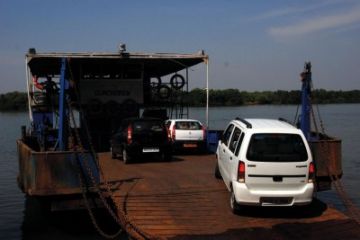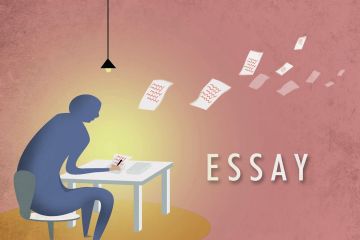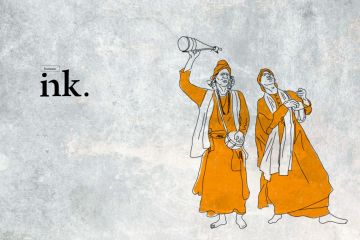
Gujarat” and “anti-terror law” are like catnip for defenders
of civil liberties and believers in the rule of law, and for good reasons too.
Those reasons are numerous, and are on record. Most centre on the Prevention of
Terrorism Act (POTA) which was repealed—but not rolled back—in 2004, thereby
meaning that those arrested, detained, and awaiting or undergoing trial under
that law would still have to live through the ordeal.
The three review committees set up under retired high
Continue reading “In the name of national security”
Read this story with a subscription.





